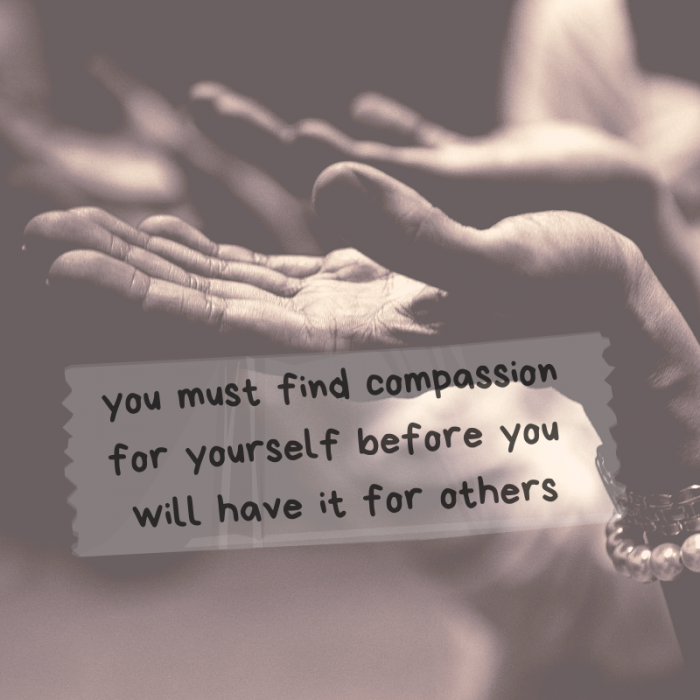Being able to survive relationship issues as an empath requires emotional teflon superpowers.
I am an empath, which is to say I deeply feel all the feels out there as if they were my own. This comes with many benefits, like being able to read peoples intentions (liar alert system), and being really good at helping others name and claim their own feelings (empaths can give super good advice).
Falling in love is twice as exhilarating, and well, sex, that is a whole discussion on its own.
It also comes with some down sides. Grocery stores are a nightmare. When conflict arises in the collective consciousness, I feel it as if it were a personal issue (example here). People don’t always appreciate it when I can feel what they are thinking before they know what they are thinking (cue self righteous stare).
Because I feel so deeply and so clearly, it also means I have a huge sense of compassion. I can never see someone as the bad guy because I see the pain behind their actions. I have an innate sense to love the broken and wounded parts of people unconditionally. But that also means I can have a hard time drawing the line when others behavior begins to affect me in unhealthy ways. This gets especially hard when dealing with those in my close inner circle, like lovers or family.
When someone treats me poorly, I can also feel why they are compelled to do what they do. It can be hard to separate what my needs and boundaries are when I sense the strong feelings of those I’m interacting with. Add in my own subconscious beliefs that other peoples feelings are more valid than my own, that I don’t need as much tender care as the people I’m interacting with, that I don’t deserve the same amount of respect and acceptance, and it is a recipe for feeling like a doormat.
It has been easy for me to feel resentful of my needs not being met, my boundaries crossed, yet when I was in the presence of my partner, I felt his version of the story so intensely, and with so much compassion for the wounds he was dealing with, that I lost all sight of my own. It can be difficult for me to stand up for what I want in a productive way. In the past I was often vague and unclear about what my needs were, or very defensive. Productive communication is virtually impossible when you are vague or feeling defensive.
Does any of this sound familiar to you? Through trial and error I finally found a way to stay connected to my own core beliefs, even in the presence of someone having their own strong feelings.
The emotional teflon toolbox:
- I own my story.
When I am processing by myself, I find what my narrative is without concerning myself with what the other side of the story is. How am I feeling? I identify what is coming up and then find its source. It likely did not start with this interaction but a deeper issue from my past. I have compassion for myself. My hurt is real, my feelings are valid. I write this down and carry it with me so I can remember it when I am feeling shaky as to what my truth is.
2. I accept there is more than one story and that they are all true.
There is no one version of this narrative. It is true that I can be feeling abandoned and my partner feeling controlled. No one truth invalidates another. My story is valid, his story is valid. Can I co-create a new story holding both stories with respect? If my partner cannot participate equally in the new narrative, then it is time to rethink my participation in the partnership.
3. I engage fully in my feelings.
Don’t bypass the messy, snotty sob fest if that is what is coming up. I don’t put aside my anger because I am a nice person. I feel the feelings, but do so in a responsible way. I don’t let my rage write that next text, nor my pitiful hurt child make a pleading call for my partners attention. I treat these feelings like they are my own precious children. I ask them what they need, and give them unconditional love even when they are not being nice. I both have the feeling and observe the feeling at the same time.
4. I know I am not crazy.
This was a big one for me. When I realized that my feeling crazy was my signal that the other person was not being completely honest, it was a game changer. Suddenly I didn’t need to doubt my gut. I may not know exactly what my partner is going through, but the inconsistent vibration from their words, actions and what I saw in their system is valid. Somewhere they are either lying to me, themself or both. If something feels inconsistent, I trust that it is, even if I cannot put my finger on exactly why. I don’t need my partner to validate what I sense.
5. I do my work.
When I find myself in trigger (a strong feeling stemming from a core wound), I work on that immediately. I meditate, do EFT (Emotional Freedom Technique), dance, sing, go to therapy, sleep, cry, scream. I drink water, move and feed myself. I remind myself I deserve to be cared for and loved in a way that feels good to me. I know that I do not need to just accept what is offered and that I have choices. I am worth getting what I really want in life and that I have the power to provide it.
6. I don’t expect my partner to change.
I don’t want to feel I need to be different to be accepted and neither does my partner. They may be doing the best they can, but if I am not feeling it then it’s not working. Period. Incompatibility issue, not an issue of either of us being inadequate.
7. I define my boundaries, then stick to them
I define what works for me and what doesn’t. I have to practice repeating these to myself so that I can remember them when I am also feeling my partners strong convictions. What I need is what I need and I don’t apologize for it. If it cannot be given, then I am given the clarity I need to move on.
These things have helped me reclaim my own narrative and feel more empowered. Learning to center my own feelings in relationship is a practice. I don’t always get it right, but when I feel the warning signs coming up I can change course rather than get on the self doubt merry-go-round.
Do you have techniques that work for you? Please share them in the comments as I’d love to hear about them.











Read 10 comments and reply